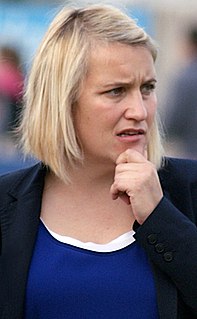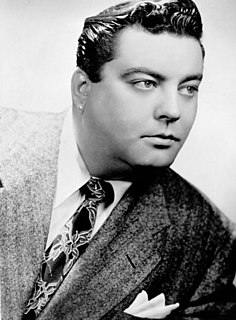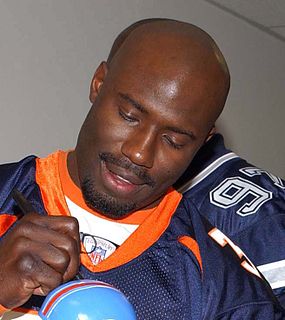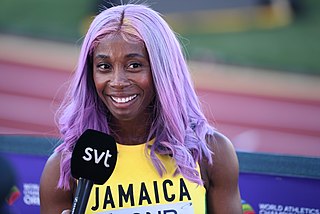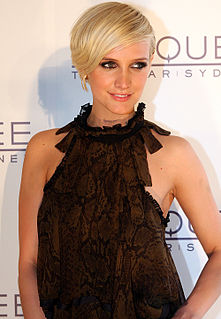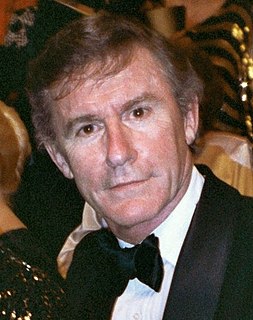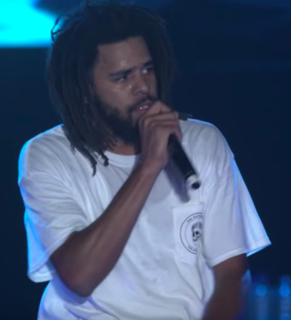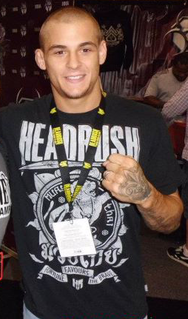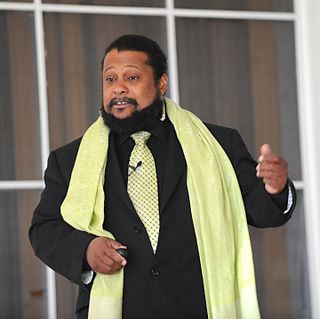A Quote by Emma Hayes
I knew I had an unhealthy child, mainly after about the 20th week, so I knew I was battling against it. I did that privately because I think it's important that the team don't deal with that burden - that's my responsibility.
Related Quotes
Jem’s eyes had widened, and then he’d laughed, a soft laugh. “Did you think I did not know you had a secret?” he’d said. “Did you think I walked into my friendship with you with my eyes shut? I did not know the nature of the burden you carried. But I knew there was a burden.” He’d stood up. “I knew you thought yourself poison to all those around you,” he’d added. “I knew you thought there to be some corruptive force about you that would break me. I meant to show you that I would not break, that love was not so fragile. Did I do that?
I knew that people were going to talk about it, I knew it was embarrassing, and I knew it was a big deal. But did I think that it was going to be this thing that followed me for, you know, the next years to come? I guarantee you, 25 years from now, I'll be known as the girl that lip synced on 'SNL.' But, you know, it was a weird thing. Not fun.
I actually started off majoring in computer science, but I knew right away I wasn't going to stay with it. It was because I had this one professor who was the loneliest, saddest man I've ever known. He was a programmer, and I knew that I didn't want to do whatever he did. So after that, I switched to Communications.
The unqualified truth is, that when I loved Estella with the love of a man, I loved her simply because I found her irresistible. Once for all; I knew to my sorrow, often and often, if not always, that I loved her against reason, against promise, against peace, against hope, against happiness, against all discouragement that could be. Once for all; I love her none the less because I knew it, and it had no more influence in restraining me, than if I had devoutly believed her to be human perfection.
The different American experience of the 20th Century is crucial because the lesson of the century for Europe, which essentially is that the human condition is tragic, led it to have a build a welfare system and a set of laws and social arrangements that are more prophylactic than idealistic. It's not about building perfect futures; it's about preventing terrible pasts. I think that is something that Europeans in the second half of the 20th century knew in their bones and Americans never did, and it's one of the big differences between the two Western cultures.
